Defense: Šainović was man of peace
The Kosovo Six trial continued with the start of Nikola Šainović's defense last week at the Hague Tribunal.
Saturday, 18.08.2007.
16:38

The Kosovo Six trial continued with the start of Nikola Sainovic's defense last week at the Hague Tribunal. "Sainovic is a man of peace", his defense counsel Toma Fila said in his opening statement, contesting the charges against his client. Defense: Sainovic was man of peace The prosecution claims that the former federal deputy prime minister is responsible for the expulsion of about 800,000 and murder of several thousand Albanian civilians in the first half of 1999. The prosecution alleges that Sainovic was "Milosevic’s man for Kosovo" and the chief of the military and police Joint Command. The defense accepts that in 1998 and 1999 Sainovic went to Kosovo, but not as Milosevic's envoy. He went there pursuant to a decision of the federal government and its prime minister, Momir Bulatovic. The defense claims that the military and police Joint Command did not exist. Even if it did exist, the defense argues, Nikola Sainovic could not have been the commander, because he was “involved in political and diplomatic efforts.” Fila indicated that he would be calling several witnesses to corroborate those claims: Momir Bulatovic himself, Zivadin Jovanovic, Zoran Andjelkovic, Dusko Matkovic, Milovan Minic and other officials from the federation and the republic. After the brief opening statement, Fila called the first witness in Sainovic’s defense: former federal prime minister, Momir Bulatovic. He said that he had sent Sainovic to Kosovo in the summer of 1998, on a diplomatic mission, appointing him the chairman of the Commission for Cooperation with the OSCE Verification Mission in the fall of the same year. However, all the diplomatic efforts of the federal government to find a peaceful solution for the Kosovo crisis were doomed to fail, Bulatovic said, because the international community had decided long before March 1999 to bomb Serbia. He said that the foreign media misrepresented the situation, claiming that the Yugoslav authorities intended to ethnically cleanse Kosovo, instead of reporting on the real efforts to prevent crimes, punish any perpetrators and find a peaceful settlement for the crisis. "It’s terrible that so many people got killed. This would not have happened had dialogue offered by Serbia and the FRY been accepted," Bulatovic told the court. The first witness called by Sainovic today contradicted the evidence of the first witness called by Milutinovic earlier the same week. Ratko Markovic said earlier that according to the constitution, the federal authorities decided on the use of the military. The Supreme Defense Council made “major strategic military decisions, Bulatovic said today, and Milutinovic as a member of that body. This was the first time Bulatovic took the stand before the Tribunal. He had been slated to testify as Slobodan Milosevic's defense witness, but never testified because the accused died in March 2006. Friday, Milan Milutinovic’s defense rested after calling its third and last witness, Jovan Kojic, who described the functioning of the Serbian president’s cabinet.
Defense: Šainović was man of peace
The prosecution claims that the former federal deputy prime minister is responsible for the expulsion of about 800,000 and murder of several thousand Albanian civilians in the first half of 1999.The prosecution alleges that Šainović was "Milošević’s man for Kosovo" and the chief of the military and police Joint Command.
The defense accepts that in 1998 and 1999 Šainović went to Kosovo, but not as Milošević's envoy. He went there pursuant to a decision of the federal government and its prime minister, Momir Bulatović.
The defense claims that the military and police Joint Command did not exist. Even if it did exist, the defense argues, Nikola Šainović could not have been the commander, because he was “involved in political and diplomatic efforts.”
Fila indicated that he would be calling several witnesses to corroborate those claims: Momir Bulatović himself, Živadin Jovanović, Zoran Anđelković, Duško Matković, Milovan Minić and other officials from the federation and the republic.
After the brief opening statement, Fila called the first witness in Šainović’s defense: former federal prime minister, Momir Bulatović.
He said that he had sent Šainović to Kosovo in the summer of 1998, on a diplomatic mission, appointing him the chairman of the Commission for Cooperation with the OSCE Verification Mission in the fall of the same year.
However, all the diplomatic efforts of the federal government to find a peaceful solution for the Kosovo crisis were doomed to fail, Bulatović said, because the international community had decided long before March 1999 to bomb Serbia.
He said that the foreign media misrepresented the situation, claiming that the Yugoslav authorities intended to ethnically cleanse Kosovo, instead of reporting on the real efforts to prevent crimes, punish any perpetrators and find a peaceful settlement for the crisis.
"It’s terrible that so many people got killed. This would not have happened had dialogue offered by Serbia and the FRY been accepted," Bulatović told the court.
The first witness called by Šainović today contradicted the evidence of the first witness called by Milutinović earlier the same week.
Ratko Marković said earlier that according to the constitution, the federal authorities decided on the use of the military. The Supreme Defense Council made “major strategic military decisions, Bulatović said today, and Milutinović as a member of that body.
This was the first time Bulatović took the stand before the Tribunal. He had been slated to testify as Slobodan Milošević's defense witness, but never testified because the accused died in March 2006.
Friday, Milan Milutinović’s defense rested after calling its third and last witness, Jovan Kojić, who described the functioning of the Serbian president’s cabinet.



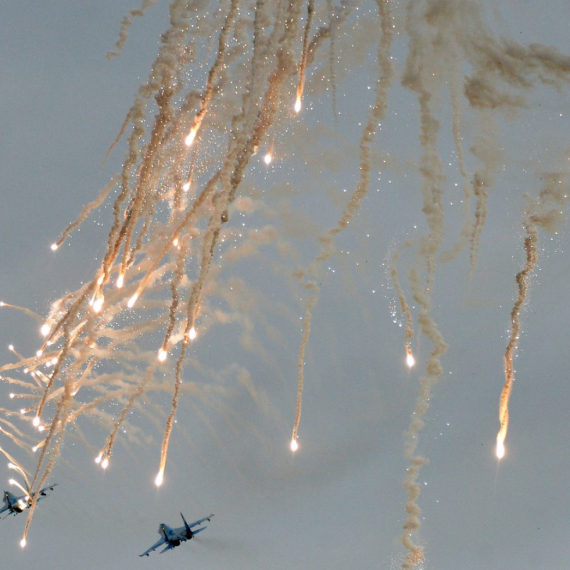
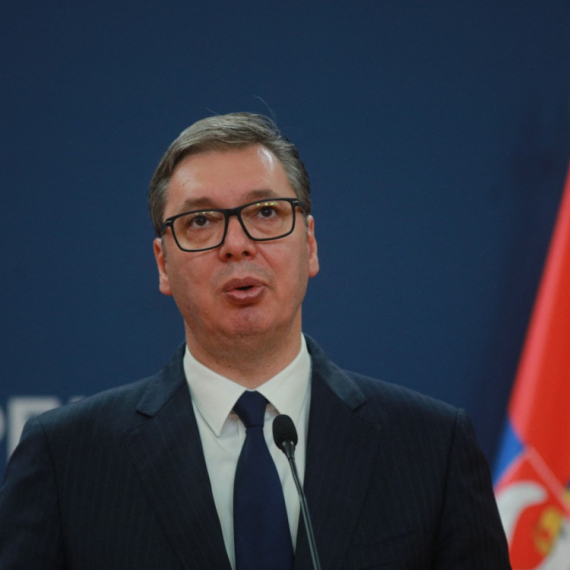





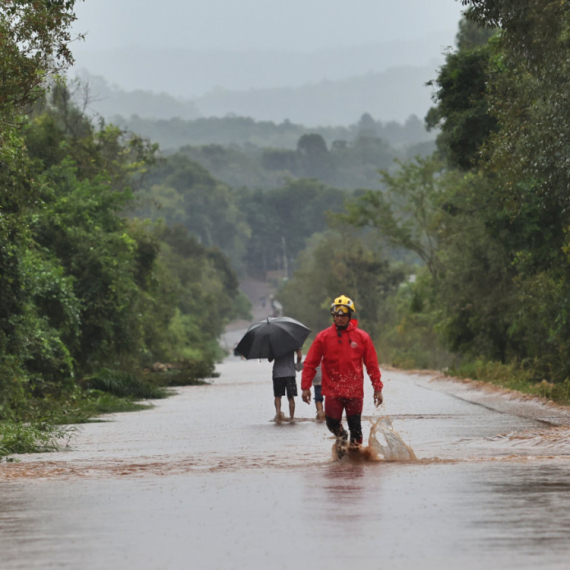




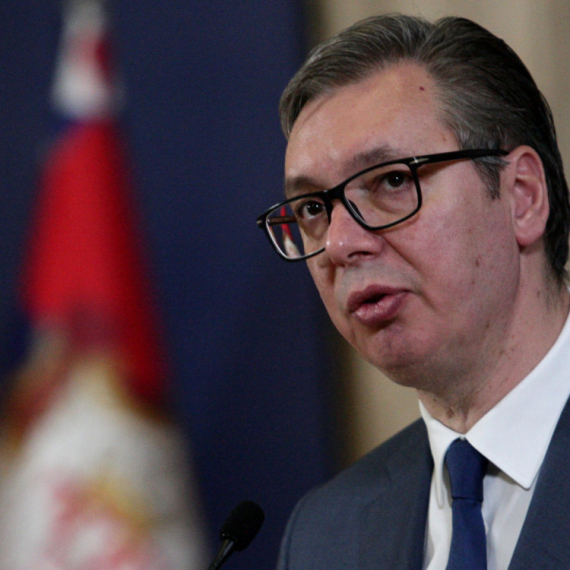
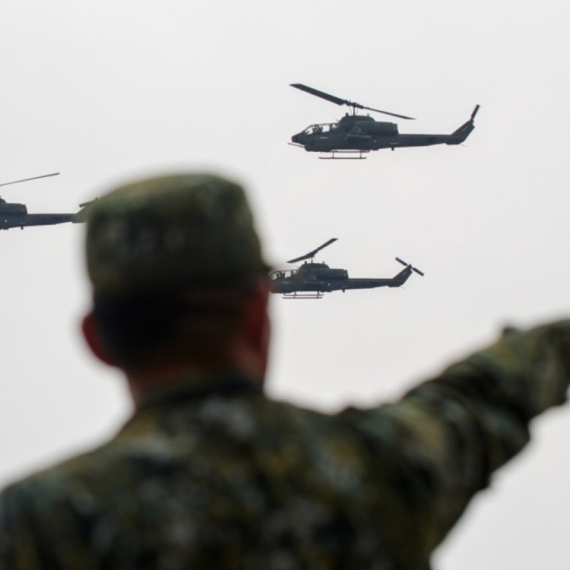
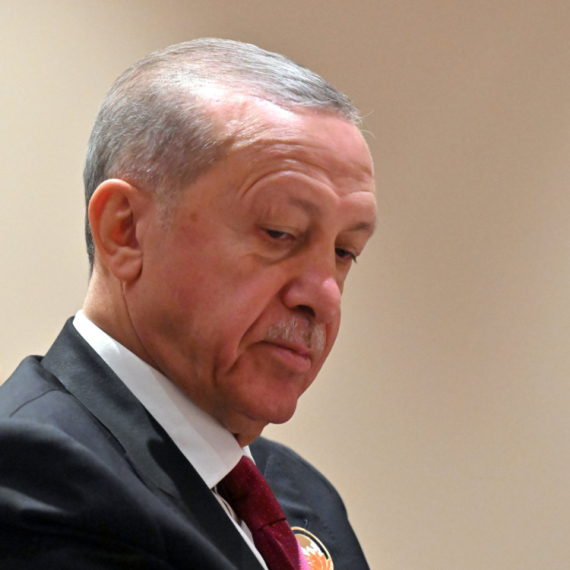
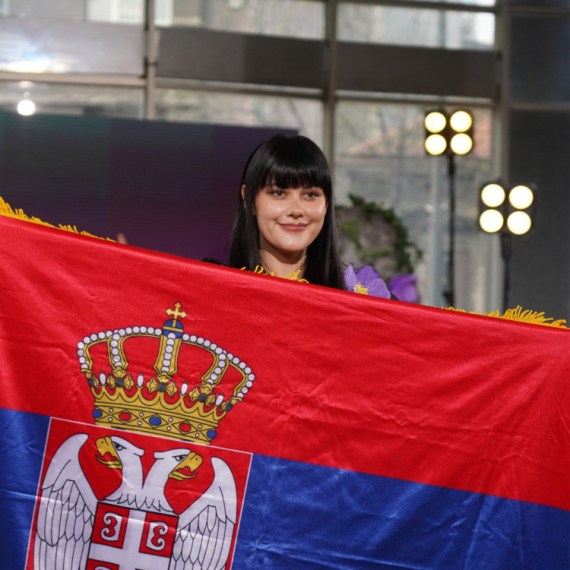


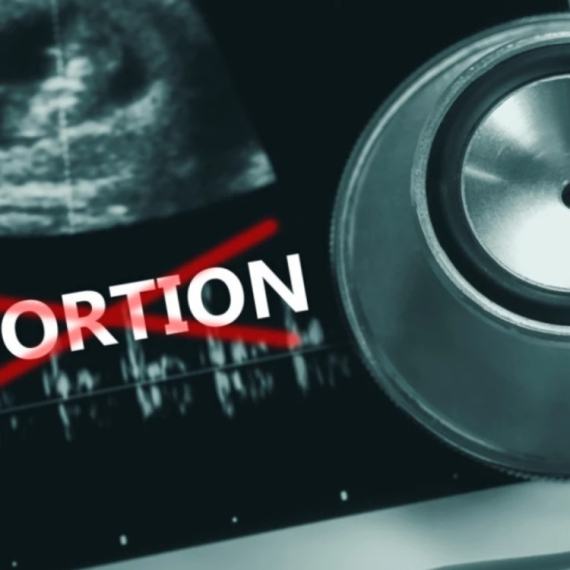
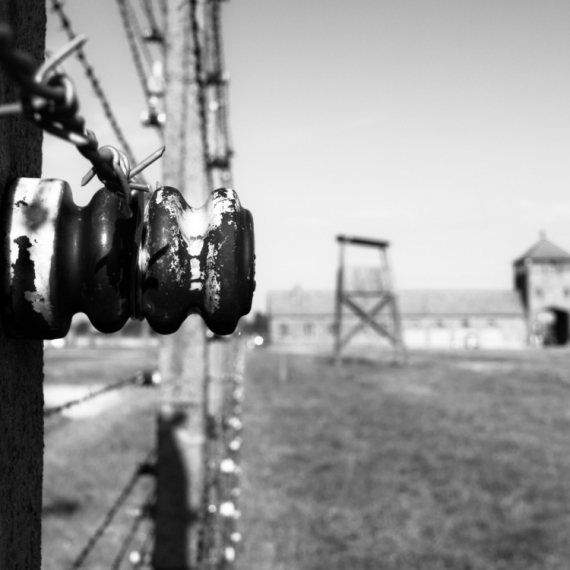




















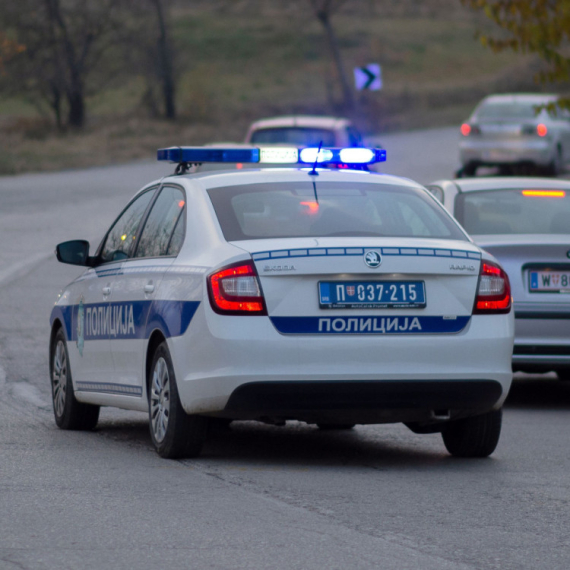




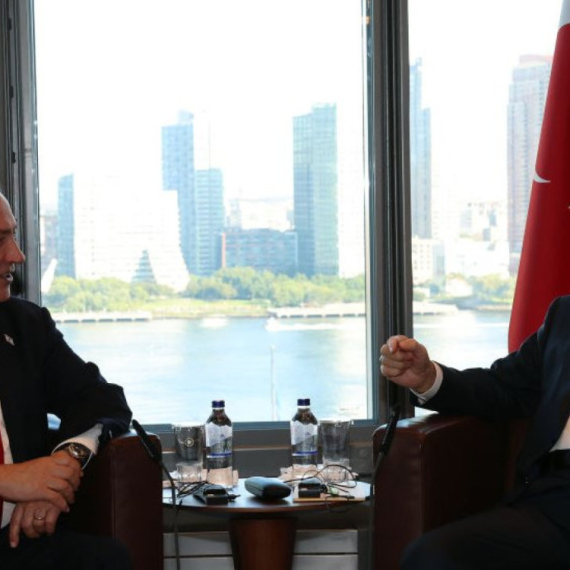

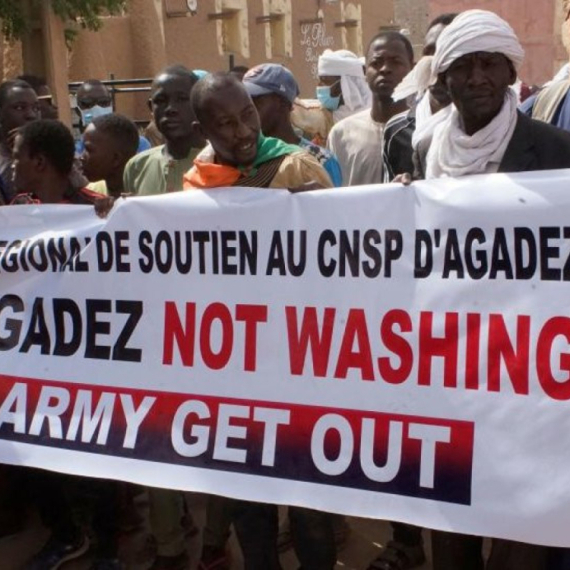
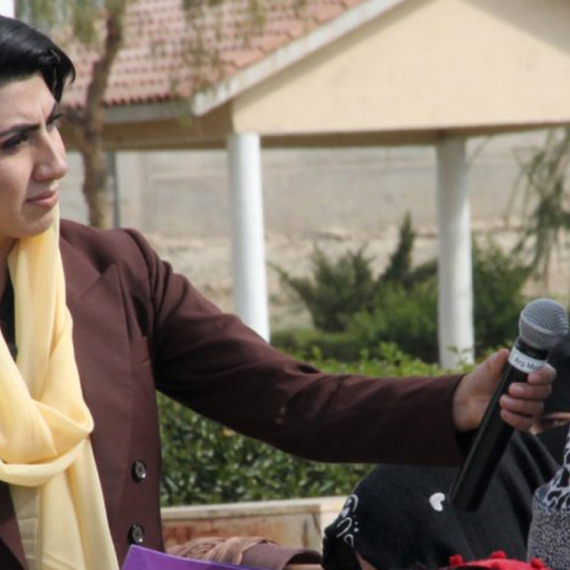

Komentari 2
Pogledaj komentare